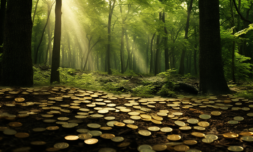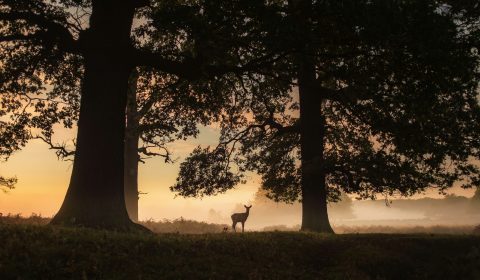Biodiversity could be at risk if tree-planting schemes only make use of one type of tree, experts say.
It’s a common saying that variety is the spice of life. If true anywhere, it’s in nature.
While tree-planting schemes are great initiatives for developing new carbon sinks and reforesting diminished green spaces, experts say we risk losing biodiversity if only one or two types of trees are being planted across wide areas.
This is especially the case in regions which naturally host an abundance of species, such as the Amazon and the Congo Basin. Ecologists have warned that the consequences of monoculture tree-planting schemes here are much greater as they threaten the balance of existing flora and fauna.
Things look bleaker when non-native species are introduced to such areas.
Many projects have implemented commercial pine, eucalyptus, and teak plantations in the tropics for carbon offsetting. Unfortunately, these species have dried out native ecosystems, acidified soils, driven out space for native plants, and failed to prevent the spread of wildfires.
Noticing these unintended consequences become a reality in once-biodiverse areas, ecologists at the University of Oxford decided to publish their findings for the public. They state that it’s not too late to stop this situation from worsening.





















